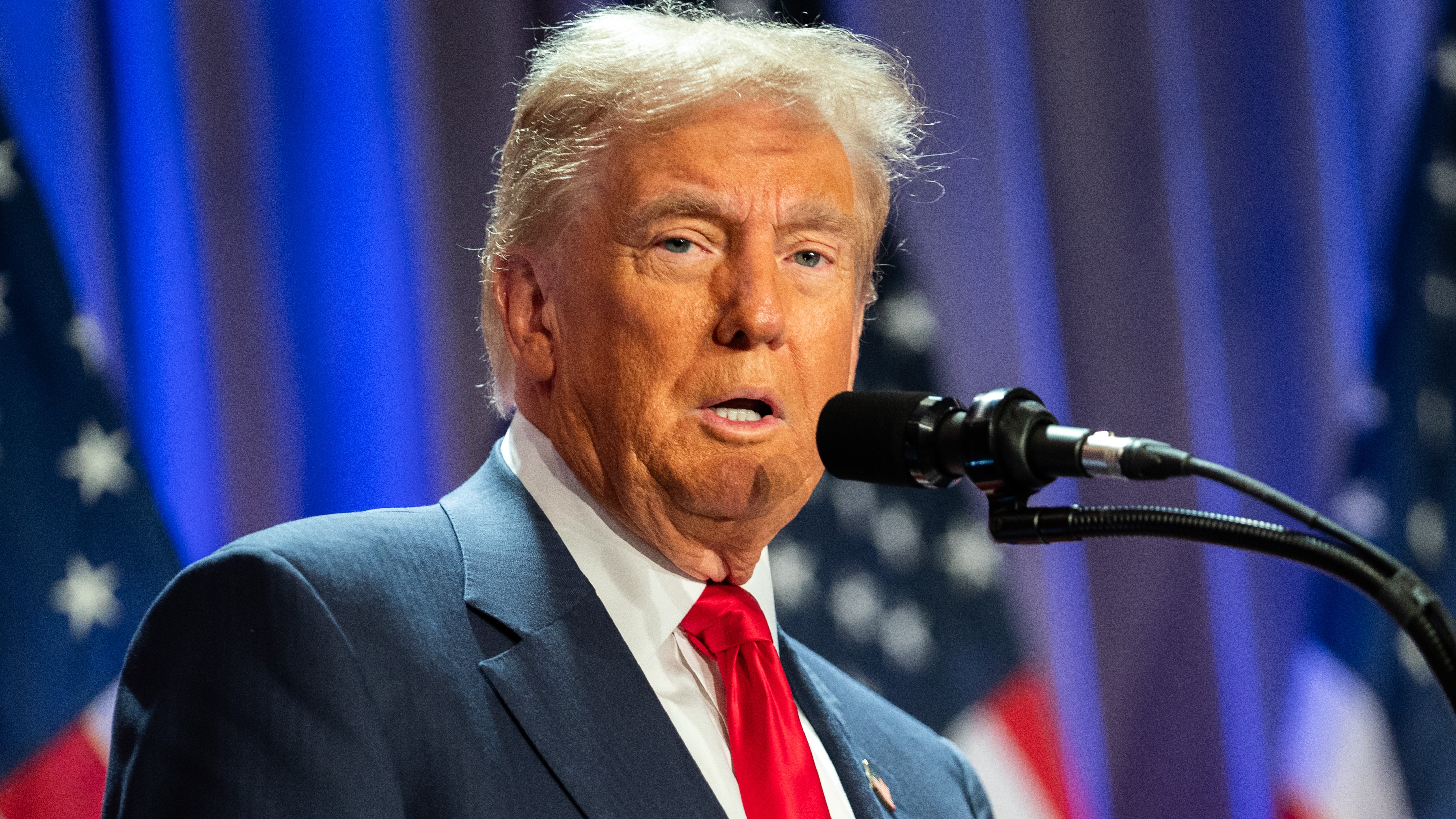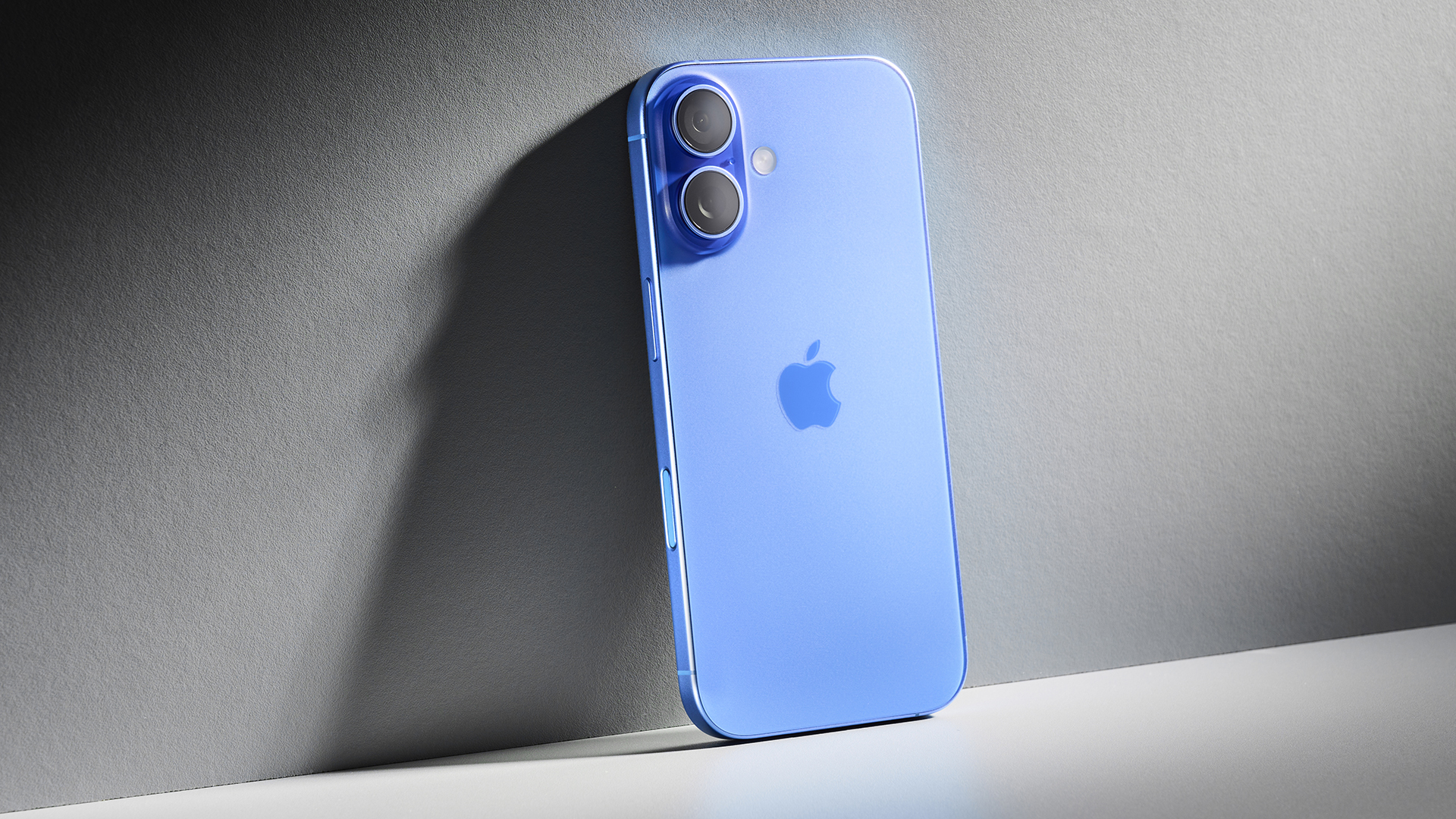
It's no secret that the recent US election will have serious consequences around the world. The USA is a major player on the global stage, and as such its decision-making can and will trickle out to other territories.
We've already seen some evidence of that. Earlier this week, I wrote about how Bluesky had gained 700,000 users since the election, with many leaving due to Twitter owner, Elon Musk, having such a direct involvement in the Trump campaign. Musk has since been named as the co-head of the incoming President's new Department of Government Efficiency.
One of the most talked about points since Donald Trump's victory is the proposal of Trump tariffs. That was one of the main campaign points for the Republican candidate – and it could have serious consequences for the price of your technology.
What are Trump tariffs?
In short, Mr Trump is proposing to use tariffs on imported goods as a means of dictating international relations, while also seeking to incentivise production within the USA. The idea is that these tariffs would make it more cost-effective to produce in the USA, as well as bringing in more capital, to lessen the risk of tax rises for US citizens.
It is worth noting that the plan is not to tax the country where goods are coming from, but rather the US company seeking to use material from that country.
According to Business Insider (via a paywall), Trump is planning to impose a 10-20% tariff on all goods entering the country, plus an additional tariff of at least 60% on Chinese goods. That last part is where the problems could arise for tech lovers.

Will Trump tariffs make my tech more expensive?
The same Business Insider report says that Trump had indicated such plans would not raise prices for American consumers. There is, however, a lot of reputable evidence to suggest against that. After all, the chances of a business opting to swallow an overnight increase in cost for the benefit of its consumers is slim-to-none.
Get all the latest news, reviews, deals and buying guides on gorgeous tech, home and active products from the T3 experts
Instead, research conducted by Consumer Technology Association suggests that consumer technology will get significantly more expensive. They state that laptops and tablets could see the biggest rise, up by around 46%. That means, a $1,000 laptop today would cost almost $1,500 under Trump's proposals.
Video games consoles are also anticipated to rise by about 40%, while smartphones would see a 26% price hike. That would add a significant amount to the cost of such devices, and would almost unquestionably cause inflation to rise.
What's worse than any of that, though, is that the research also suggests the policy won't deliver one of its key targets. It states that the 60% tariff said to be imposed on Chinese imports will mostly drive production to other countries – but not the USA.
That's something we've already seen. Apple iPhones are now being produced in places like India, with reports suggesting around 23% of the total production expected to take place there by the end of 2025.

It won't just affect the USA, either
Don't think you'll get away with it just because you live in the UK, Europe or anywhere else, either. See, while these tariffs will only directly affect US citizens, the indirect impact will also be notable.
By and large, pricing for consumer technology tracks between markets. Historically speaking, if we've seen a price rise in one territory, it doesn't take long until that same price hike arrives elsewhere.
Cynically speaking, it makes perfect sense. If a manufacturer can test the water with a higher price and find that people are still willing to pay, the argument can be made to increase it elsewhere, too.
That's something I anticipate seeing. After all, if a brand is currently making a tablet for $500, and after the tariff comes in that costs $750, they're likely to increase the relative price in other markets. That keeps things consistent, stops users from buying across borders, and leaves more money in the pocket of their company.
What can I do to avoid Trump tariffs as a consumer?
Ultimately, nothing. While it's always wise to take rumours of changes with a pinch of salt, it does look likely that the Trump administration will attempt to push through these tariffs. If they do, a wide array of sources suggest that your tech spending it going to skyrocket overnight.
There are some solutions, though. If you're financially capable, it's worth looking at what technology you may need to buy over the next few years, with a view to purchase it right now. Say, for example, you know that you'll want to upgrade your phone in a few months – consider looking for something now, to avoid the price rises.
Right now is an especially good time to do so, because the best Black Friday deals often occur on big ticket tech items. Over the next couple of weeks, you'll find everything from new phones to big TVs slashed in price, which could be a godsend for those looking to stockpile ahead of the tariffs.

Sam is an award-winning journalist with over six years of experience across print and digital media. As T3’s Senior Staff Writer, Sam covers everything from new phones and EVs to luxury watches and fragrances. Working across a range of different social media platforms alongside his written work, Sam is a familiar face for fans of T3. When he’s not reviewing snazzy products or hunting for stellar deals, Sam enjoys football, analog photography and writing music.
